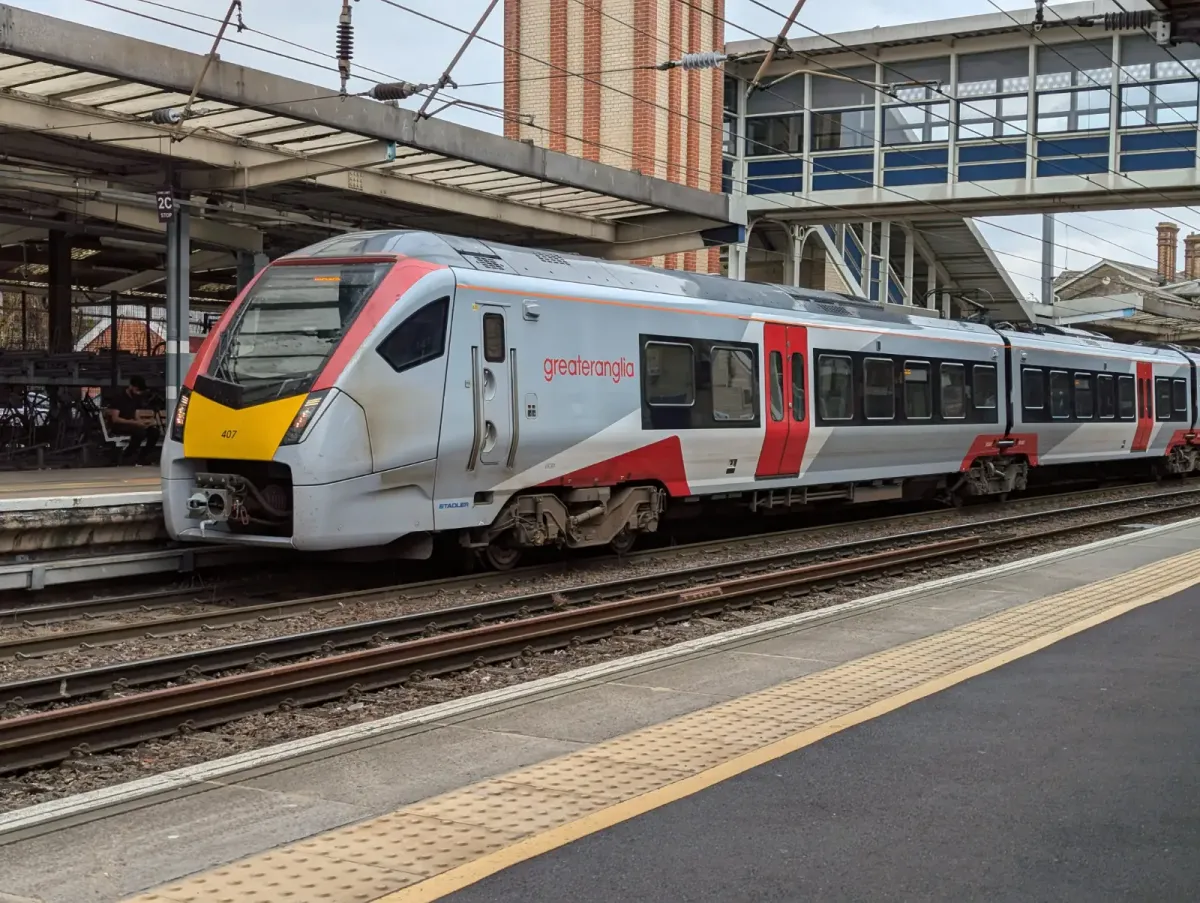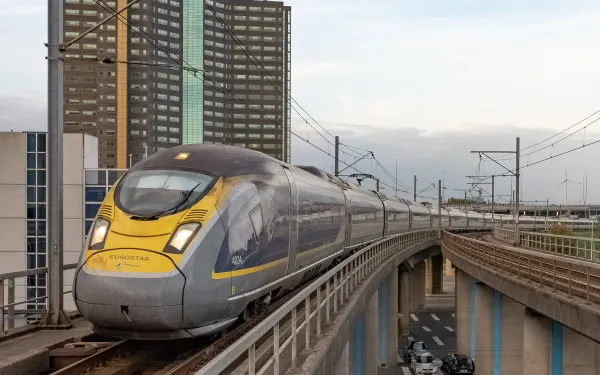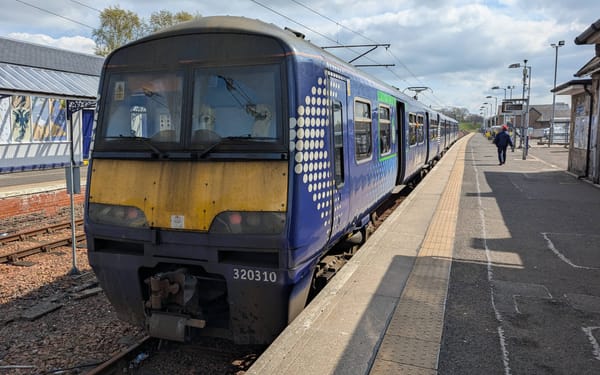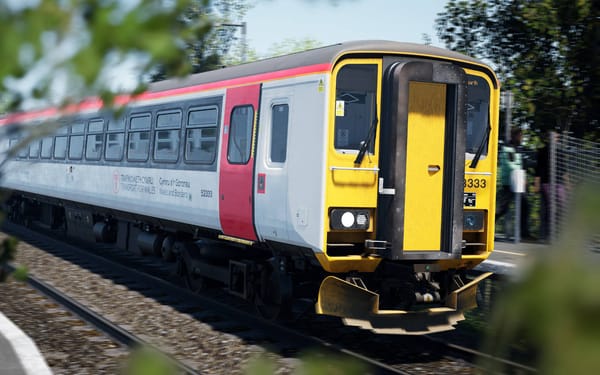ASLEF: train drivers' union vote to end pay dispute

Members of the Associated Society of Locomotive Engineers and Firemen (ASLEF), known otherwise as the trade union representing train drivers, have accepted a pay proposal from the Department for Transport.
After Labour returned to Government in July 2024, ASLEF's negotiating team had their first formal meeting with the Department for Transport on 23 July. The DfT presented an offer on 14 August. In response, the union agreed to hold a referendum and, crucially, recommended the proposal to their members.
The offer made to ASLEF was a 5% pay rise for 2022 to 2023, 4.75% for 2023 to 2024, and 4.5% for 2024 to 2025, with no strings attached. Pay will be backdated, pensionable, and available to train drivers that retired or left the industry while the dispute was ongoing.
The outcome of the ballot was as follows:
- YES: 10,971 (96.58%)
- NO: 389 (3.42%)
- Turnout: 11,365 (88.53%)
The affirmative vote on 18 September 2024 ended a dispute that has seen series of industrial action, and subsequent disruption to the railways, since 2022. The first ballot for strike action was held in June 2022, with the mandate renewed every six months in accordance with legislation governing industrial action.
Said action included 14 national one-day strikes, four rolling programmes of strikes at different train operating companies (TOCs), and withdrawing from non-contractual overtime. Secretary of State for Transport, Louise Haigh, commented that the strikes "cost our economy and the taxpayer more than £1bn."
The dispute concerned 16 TOCs: Avanti West Coast, Chiltern, C2C, CrossCountry, East Midlands Railway, Greater Anglia, Great Northern Thameslink, Great Western Railway, LNER, Northern, Southeastern, Southern/Gatwick Express, South Western Railway and Island Line, TransPennine Express, and West Midlands Trains.
"‘It with great pleasure that we can announce the end of the longest train drivers’ strike in history.
"It was not a fight we sought, or wanted. All we sought was – after five years without a pay rise, working for private companies who, throughout that period, declared millions of pounds in profits and dividends to shareholders – was a dent in the cost of living."
Mick Whelan, General Secretary, ASLEF





